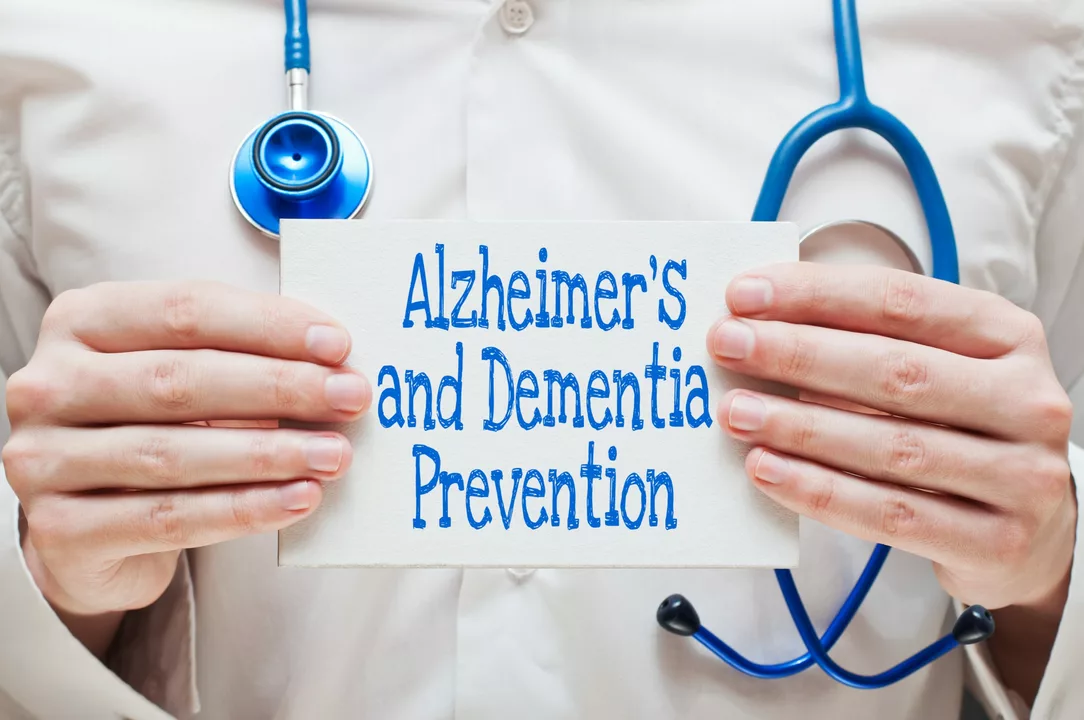Untreated STIs: What happens if you ignore them — and how to fix it
Many sexually transmitted infections don’t cause obvious symptoms. For example, chlamydia and gonorrhea often show no signs, especially in women. That silence is dangerous: untreated STIs can quietly damage fertility, raise your risk of HIV, and cause long-term pain or pregnancy complications. If you’ve had unprotected sex or your partner was exposed, don’t wait for symptoms to appear — act now.
Why leaving STIs untreated can hurt you
Untreated infections can spread and worsen. Chlamydia and gonorrhea can travel up the reproductive tract and cause pelvic inflammatory disease (PID), which leads to scarring and infertility. HPV infections that persist may lead to cervical or other cancers. Syphilis that goes untreated can affect the heart and nervous system. Even viral infections like herpes stay in your body and can flare more often if not managed. Plus, having any STI makes it easier to acquire or transmit HIV.
Spotting the signs — and why you might not notice them
Some STIs are obvious: painful urination, unusual discharge, sores, or rashes. Others are sneaky — no pain, no discharge, nothing you’d notice. That’s why regular screening matters if you’re sexually active with new or multiple partners, pregnant, or part of a higher-risk group. Tests are simple: urine samples, swabs, and blood tests can detect most common infections quickly.
Testing isn’t just for when you feel sick. Public health guidelines recommend routine checks for people under certain ages or behaviors — your clinician can tell you what fits. If you test positive, get treatment right away and avoid sexual contact until you and your partner(s) are cleared.
Treatment varies by infection. Bacterial STIs like chlamydia, gonorrhea, and syphilis are usually cured with antibiotics — but you must finish the full course. Viral infections like herpes or HIV use antiviral drugs that control symptoms and reduce transmission risk. Resistance is a growing issue for some bacteria, so follow your provider’s plan and return for follow-up tests when advised.
Tell your recent partners so they can get tested and treated. Many clinics will help notify partners confidentially. If your provider prescribes medicine, use a licensed pharmacy — avoid sketchy online sellers. If you need special formulations, a reputable compounding pharmacy can help under a clinician’s guidance.
Prevention matters: condoms cut risk for many STIs, and vaccines prevent HPV and hepatitis B. For people at high risk of HIV, daily or on-demand PrEP works very well. Finally, get retested after treatment if recommended — some infections can come back or persist despite therapy.
If you’re worried or unsure what to do, make an appointment at a sexual health clinic or see your primary care provider. Quick testing and prompt treatment protect your health and your partners. Don’t let silence become damage — testing is simple, fast, and often free or low-cost at public clinics.

- 10 Comments
As a blogger, I feel it's important to shed light on the hidden dangers of untreated sexually transmitted infections (STIs). Many people underestimate the long-term consequences of leaving STIs untreated, which can lead to severe health complications. These may include infertility, chronic pain, and a higher risk of contracting other infections like HIV. It's crucial to get regularly tested and seek appropriate treatment if diagnosed with an STI. Spreading awareness and encouraging open conversations about sexual health can help reduce the stigma surrounding STIs and promote better overall health.
